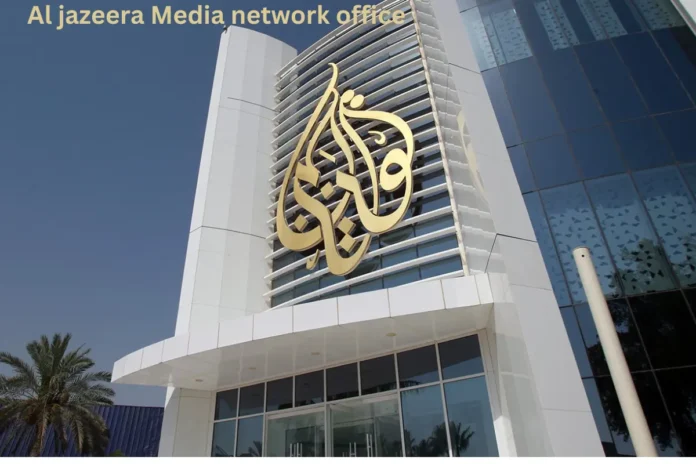In a significant escalation between the state of Israel and the media, the Israeli Cabinet has decided to shut down the operations of Al Jazeera, the Qatar-based news network, amid ongoing hostilities in the Gaza Strip. This move comes as a response to what Israel perceives as Al Jazeera’s biased reporting on the conflict, which officials claim has been supportive of Hamas and inflammatory towards Israel.
The decision to cease Al Jazeera’s activities within Israeli jurisdiction has been met with stark criticism from various quarters. The network itself has vehemently opposed the Israeli government’s actions, labeling it a ‘criminal’ move that undermines the freedom of the press. Al Jazeera argues that this step infringes on their ability to cover events impartially and provide diverse perspectives on the conflict, which is an essential service in the context of global journalism.
This controversial move by Israel raises important questions about the balance between national security and freedom of the press. While Israel maintains that this action is necessary to preserve its national security interests and prevent the spread of what it deems as incitement, journalists and media freedom advocates around the world have expressed concerns about the implications for press freedom. The international community is observing closely, as this development could set a precedent for how governments manage media outlets during times of conflict.
The closure of Al Jazeera’s operations in Israel is not only a significant blow to the network but also presents a concerning precedent for media coverage in volatile regions. How this situation unfolds will be critical in determining the future landscape of journalism and media freedoms in conflict zones, particularly in the Middle East where media outlets often navigate complex political terrains.


